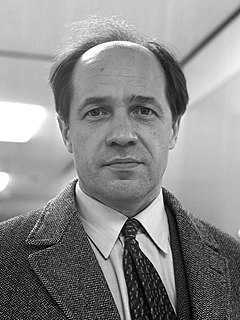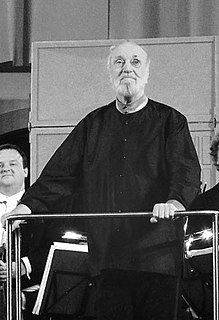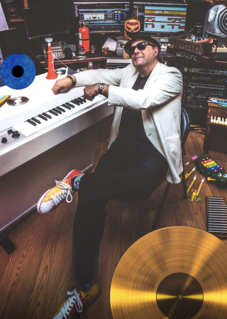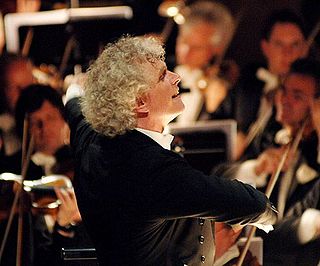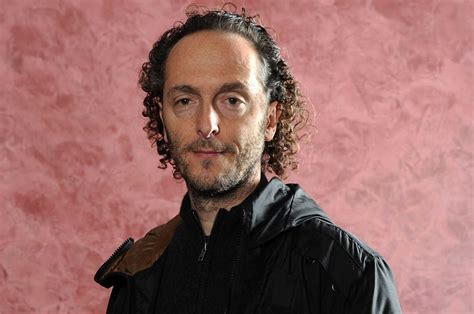A Quote by Oliver Sacks
The brain is more than an assemblage of autonomous modules, each crucial for a specific mental function. Every one of these functionally specialized areas must interact with dozens or hundreds of others, their total integration creating something like a vastly complicated orchestra with thousands of instruments, an orchestra that conducts itself, with an ever-changing score and repertoire.
Quote Topics
Areas
Assemblage
Autonomous
Brain
Changing
Complicated
Creating
Creating Something
Crucial
Dozens
Each
Ever
Ever-Changing
Every
Function
Hundreds
Instruments
Integration
Interact
Itself
Like
Mental
More
Must
Orchestra
Others
Repertoire
Score
Something
Specialized
Specific
Than
Thousands
Total
Vastly
Related Quotes
There are a score of great religions in the world, each with scores or hundreds of sects, each with its priestly orders, its complicated creed and ritual, its heavens and hells. Each has its thousands or millions or hundreds of millions of true believers each damns all the others with more or less heartiness - and each is a mighty fortress of graft.
In the fetus, or a really young child, all the different brain areas are connected to each other, diffusely. And as the brain develops, the excess connections are turned off, so you get very specialized areas. So most people have really specialized talents. What happens in creative people is this pooling doesn't take place.
The emergence of a unified cognitive moment relies on the coordination of scattered mosaics of functionally specialized brain regions. Here we review the mechanisms of large-scale integration that counterbalance the distributed anatomical and functional organization of brain activity to enable the emergence of coherent behaviour and cognition. Although the mechanisms involved in large-scale integration are still largely unknown, we argue that the most plausible candidate is the formation of dynamic links mediated by synchrony over multiple frequency bands.
Conducting is more difficult than playing a single instrument. You have to know the culture, to know the score, and to project what you want to hear. Some conductors are well prepared but cannot transmit their ideas to an orchestra, and others are good communicators but have nothing to transmit because they are not absorbed enough in the score.
The mental cognitive processes that we're targeting are ones that narrow human beings' repertoire and make it harder for them to learn to be more flexible, to take advantage of the opportunities in front of them. We can have something to help with in areas like child development or organizations and schools, or maybe even how peoples interact with each other, one to the other. We've taken the work into things like prejudice and stigma, because if we can't solve that we have planes flying into buildings. So it applies broadly because anywhere that a human mind goes these processes go.






